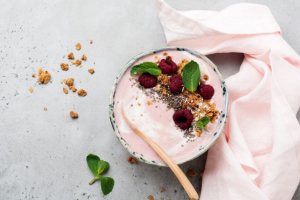Top 8 Best Ways to Improve Your Gut Bacteria
There are around 40 trillion bacteria in your body, most of which are in your gut. They are referred to as your gut microbiome collectively, and they are ... read more...crucial for overall health. The bacteria in your intestines, however, can also play a role in a number of diseases. Your diet is one of many things that might affect the type of bacteria in your digestive tract. Below are some of the best ways to improve your gut bacteria!
-
Your intestines are home to hundreds of different kinds of bacteria, each of which has a distinct function in maintaining health and different nutritional requirements.
In general, a diverse microbiome is seen as beneficial. This is due to the fact that more bacterial species may result in more positive effects on your health. A diversified microbiome might result from a diet that includes a variety of food types. Unfortunately, the typical Western diet lacks variety and is high in fat and sugar. In fact, only 12 plant and 5 animal species are used to create an estimated 75% of the world's food. However, the diets in some rural areas are frequently more diverse and abundant in various plant sources. Due to this, a few studies have revealed that people from rural parts of Africa and South America had far more diverse gut microbiomes than people from urban areas of Europe or the United States.

Eat a diverse range of foods 
Eat a diverse range of foods -
The best sources of nutrients for a healthy microbiome are fruits and vegetables. They contain a lot of fiber that your body cannot digest. But some bacteria in your gut can break down fiber, which promotes the growth of those bacteria.
Additionally, beans and other legumes are highly high in fiber. The following high-fiber foods are beneficial to your gut flora:
- Raspberries
- Artichokes
- Green peas
- Broccoli
- Chickpeas
- Lentils
- Beans
- Whole grains
- Bananas
- Apples
- ...
A fruit and vegetable-rich diet were found to inhibit the growth of several disease-causing bacteria, according to one study. It has also been demonstrated that eating foods including apples, artichokes, blueberries, almonds, and pistachios increase Bifidobacteria in people. Bifidobacteria are considered to be beneficial bacteria because they can improve gut health and reduce intestinal inflammation.
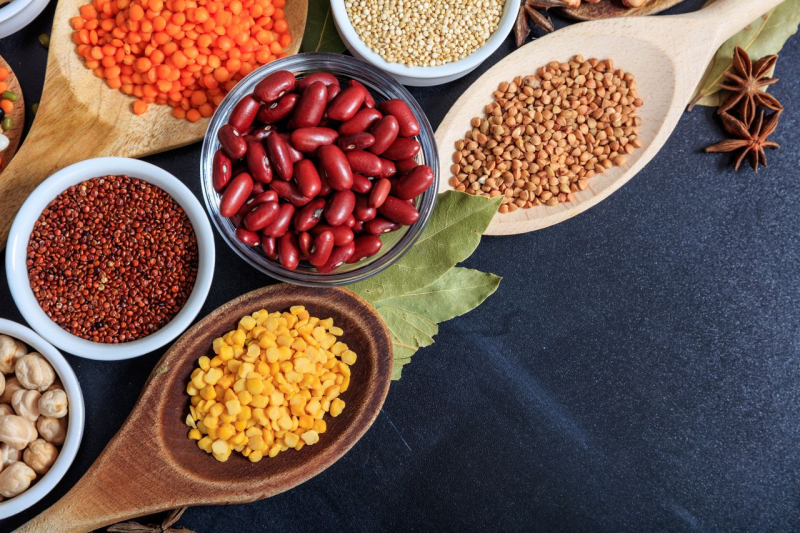
Eat lots of vegetables, legumes, beans, and fruit 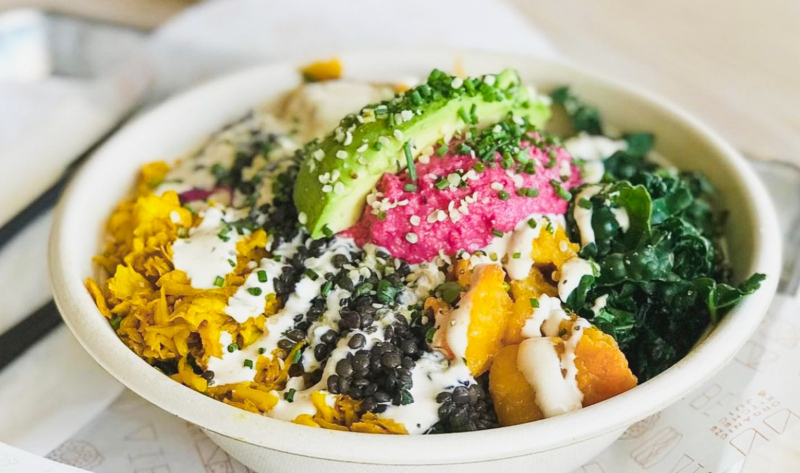
Eat lots of vegetables, legumes, beans, and fruit -
A centuries-old method of food preservation known as fermentation increases the shelf life and nutritional content of food while also providing your body with live, beneficial microorganisms called probiotics that are essential for healthy digestion.
These are some instances of fermented foods:
- Yogurt
- Kimchi
- Sauerkraut
- Kefir
- Kombucha
- Tempeh
- ...
These foods are frequently high in lactobacilli, a type of bacteria that is good for your health. According to research, those who consume a lot of yogurts have more lactobacilli in their intestines. Additionally, these people have lower levels of Enterobacteriaceae, a group of bacteria linked to chronic diseases and inflammation. Similarly, numerous studies have revealed that yogurt eating might enhance gut flora and lessen lactose intolerance symptoms. Yogurt may additionally improve the microbiome's function and composition. To reap the gut health benefits, make sure the label reads “contains live active cultures”.
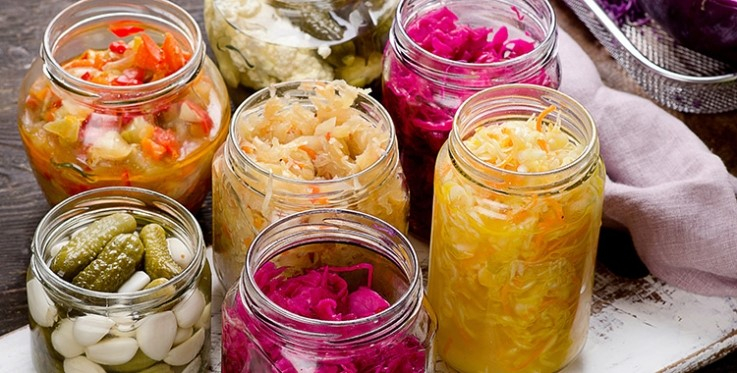
Eat fermented foods 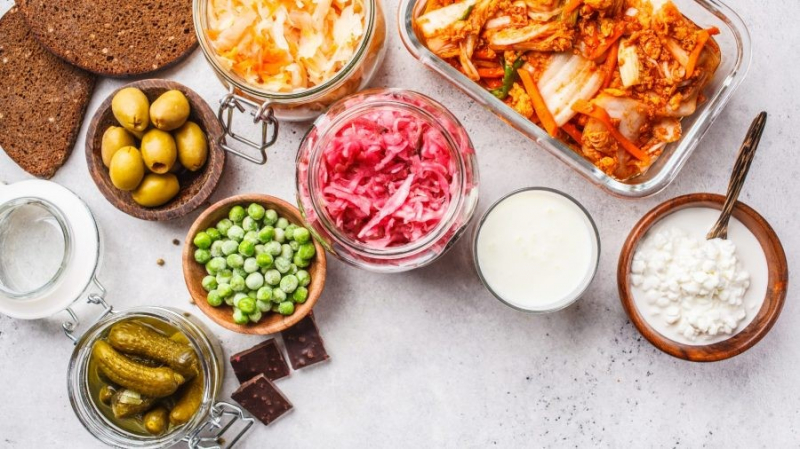
Eat fermented foods -
Prebiotics are foods that encourage the development of healthy bacteria in the gut. They are mainly fiber or complex carbohydrates that are indigestible to human cells. Instead, certain gut bacterial species break them down and use the fuel for energy.
Prebiotics can be found on their own, but they are found in many fruits, vegetables, and whole grains. The prebiotic-resistant starch can also be. In the large intestine, where the bacteria break it down, this type of starch is not absorbed in the small intestine. Several different types of beneficial bacteria, including Bifidobacteria, can grow when prebiotics are available, according to numerous studies. Additionally, some prebiotics has been demonstrated to lower insulin, triglyceride, and cholesterol levels in obese people, which may help with the prevention of diseases like heart disease and type 2 diabetes.
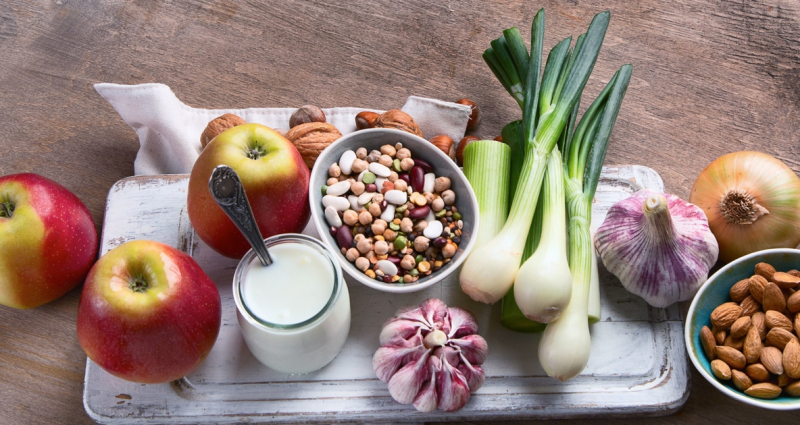
Eat prebiotic foods 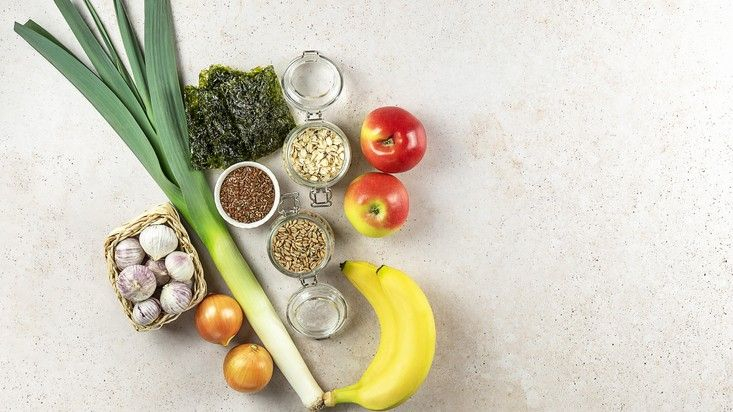
Eat prebiotic foods -
The normal development of a baby's microbiome starts at birth. Studies, however, suggest that babies might be exposed to some bacteria even before birth.
In the first two years of life, an infant's microbiome is constantly changing and is populated with advantageous Bifidobacteria, which can break down the sugars in breast milk. Numerous studies have demonstrated that newborns who are fed formula have a different microbiome and have fewer Bifidobacteria than infants who are breastfed. Furthermore, breastfeeding helps protect a baby from many illnesses. Breastfed babies have fewer health problems than babies who don't breastfeed. Breastfeeding is also linked to lower risks of obesity, allergies, and other health issues that may be brought on by differences in the gut microbiota.

If you can, breastfeed for at least 6 months 
If you can, breastfeed for at least 6 months -
Fiber and indigestible carbohydrates like beta-glucan are abundant in whole grains. Instead of being absorbed in the small intestine, these carbohydrates go to the large intestine to encourage the development of good bacteria there.
Whole grains may help humans' bifidobacteria, lactobacilli, and bacteroidetes grow, according to research. According to this research, eating whole grains also made people feel more satisfied and lowered inflammation and some heart disease risk factors. However, keep in mind that some studies indicate that gluten-containing grains, including wheat, barley, and rye, may potentially have a detrimental effect on gut health by increasing intestinal permeability and inflammation in certain people. More research is required to discover whether eating grains containing gluten may also change the gut flora in healthy adults who do not have celiac disease or a sensitivity to gluten.
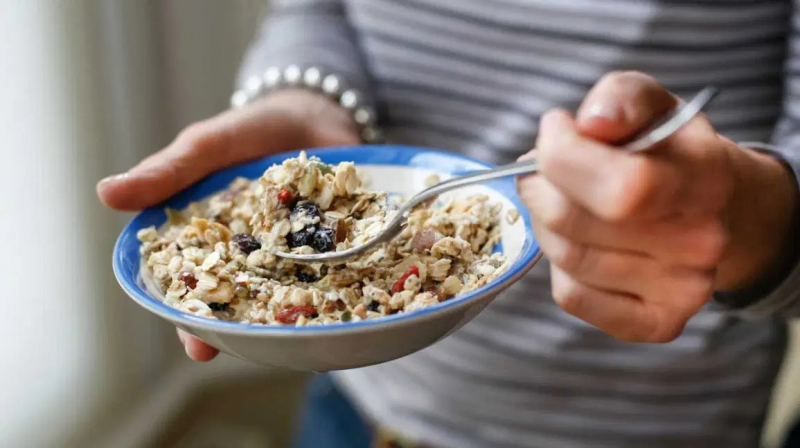
Eat whole grains 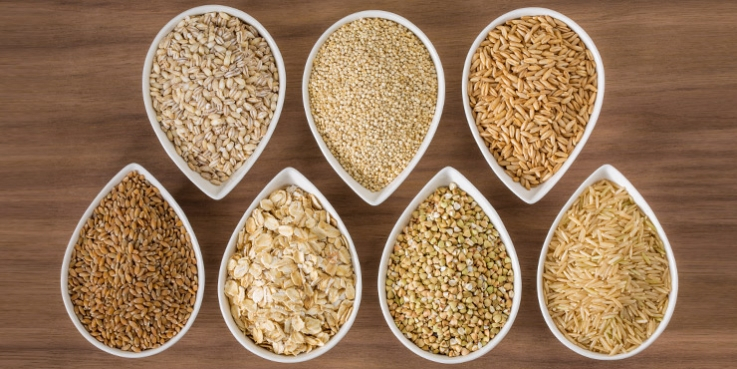
Eat whole grains -
The best source of nutrition for your gut bacteria is plant food that contains fiber. Because it promotes the diversity of your gut microbiota, a plant-based diet rich in a variety of whole grains, legumes, vegetables, and fruit is beneficial for your gut health—and, therefore, for your overall health and wellness.
While animal-based diets encourage the growth of various kinds of gut bacteria than do plant-based diets. Numerous studies have demonstrated that vegetarian diets may be advantageous to the gut flora, perhaps as a result of their high fiber content. For example, a small 2013 study discovered that a vegetarian diet decreased disease-causing bacteria in obese people as well as body weight, inflammation, and cholesterol levels. According to a 2019 review, plant foods are full of specific nutrients that can raise levels of beneficial bacteria and lower dangerous ones to support gut health.
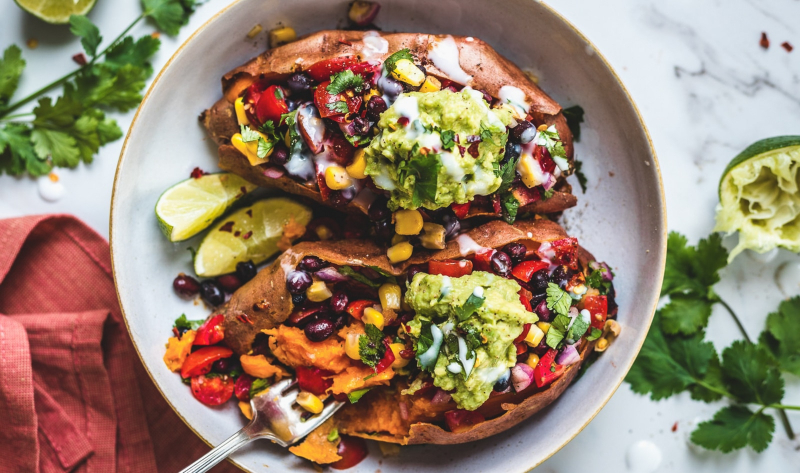
Eat a plant-based diet 
Eat a plant-based diet -
Plant substances called polyphenols have many health advantages, such as lowering blood pressure, inflammation, cholesterol levels, and oxidative stress. Plant compounds known as polyphenols provide a variety of health advantages, including as lowering cholesterol, blood pressure, inflammation, and oxidative stress.
Foods high in polyphenols include some of the following:
- Cocoa and dark chocolate
- Red wine
- Grape skins
- Green tea
- Almonds
- Onions
- Blueberries
- Broccoli
- ...
Humans can have more lactobacilli and bifidobacteria and fewer clostridia thanks to the polyphenols in cocoa. Additionally, decreased levels of triglycerides and C-reactive protein, a sign of inflammation, are linked to these changes in the microbiome. Red wine polyphenols have comparable results and have even been demonstrated to raise levels of beneficial bacteria in people with metabolic syndrome.
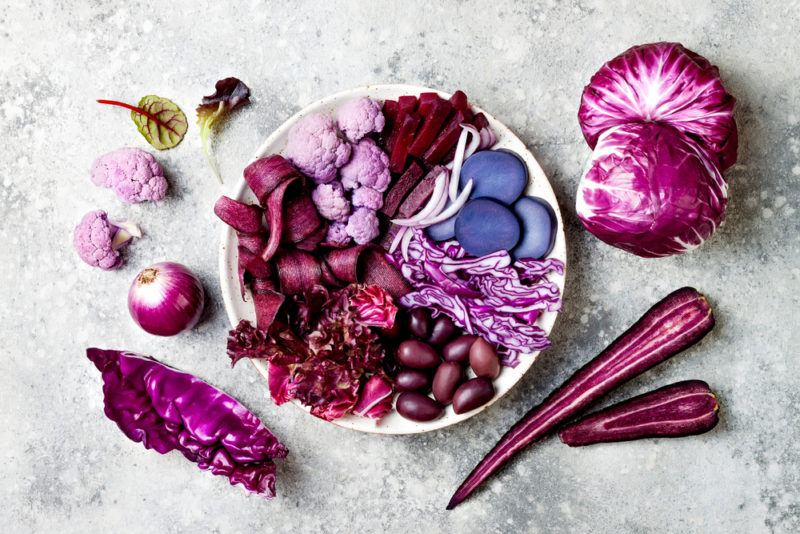
Eat foods rich in polyphenols 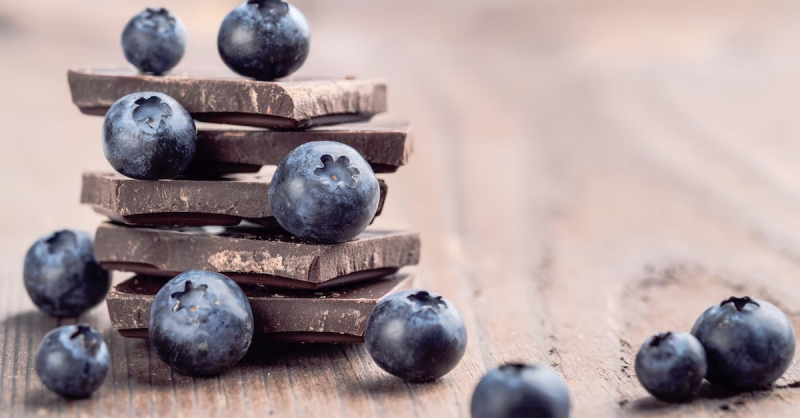
Eat foods rich in polyphenols










